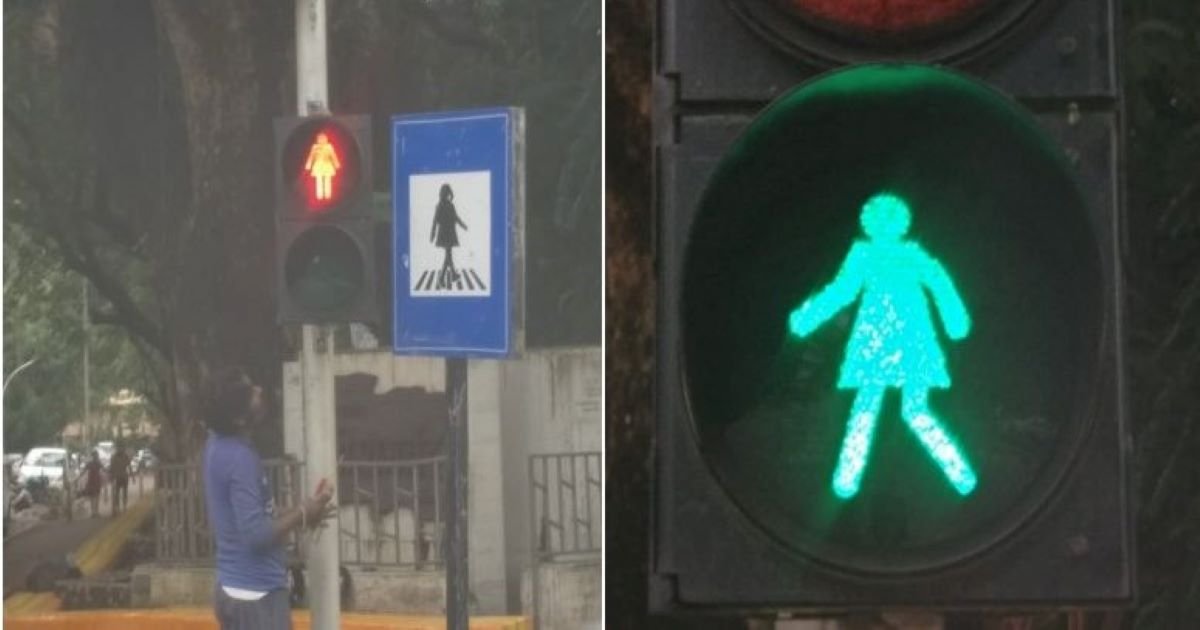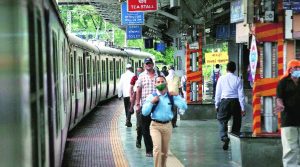Mumbai is the backbone of the India’s financial activity, and houses more than 12 million in its streets.
However, those very streets have been known among many, foreign and Indian, to be very dangerous to women and minorities in general. However, the atrocious infamy may be about to change, as more and more feminist influence is changing the city and its people living in it, trying to create a whole different set of dialogues. One of the positive change is the replacement of the usual traffic signs, signified by the usual male figure, to ones wearing skirts.
The move has been an offspring of the project “Culture Spine,” headed by Aaditya Thackeray, cabinet minister for tourism and the environment in Maharashtra, the state in which Mumbai is located.
“If you’ve passed by Dadar, you’d see something that will make you feel proud,” Thackeray tweeted Saturday. “(The local administration is) ensuring gender equality with a simple idea — the signals now have women too!”
Sada Sarvankar, a local leader of Thackeray’s political party, Shiv Sena exclaimed on Twitter in unison that the move was a”significant step towards #WomenEmpowerment.
” A Twitter user called the traffic lights “one small yet decisive step forward to ending the subconscious exclusion of the female narrative from how our cities are designed.” Another claimed for sure that the whole thing had meant that women had “gained some more presence and acceptance as the new normal.
”
This wave of change, however, has been inspired by events redder than the stop sign, as plagues of femicides had to stop in a series of the most inhumane incidents happening in the 21st century.
One of those incidents was when a female student was gang raped, murdered in a bus in 2012, sending shock waves across the globe in the appalling state of gender identity and equality in India. India gained infamy among international travelers as being one of the most dangerous places on Earth to travel alone as a woman.
This created legal as well as administrative changes to ensure safety in the streets.
Mumbai’s act is an act in a giant wave of changes across the world.
In a number of German cities, street crossings have long featured both male and female stick figures, while Austria’s capital Vienna added same-sex couples to its traffic lights in 2015. Last February, the Swiss city of Geneva announced that it would replace male stick figures with female ones on half of its traffic signs, in addition to a host of other diverse figures, including a pregnant woman, two women holding hands and a woman with an afro.
If you liked this article, please LIKE SHARE AND COMMENT below! And don’t forget to check our other articles along the way!
Replaced!





